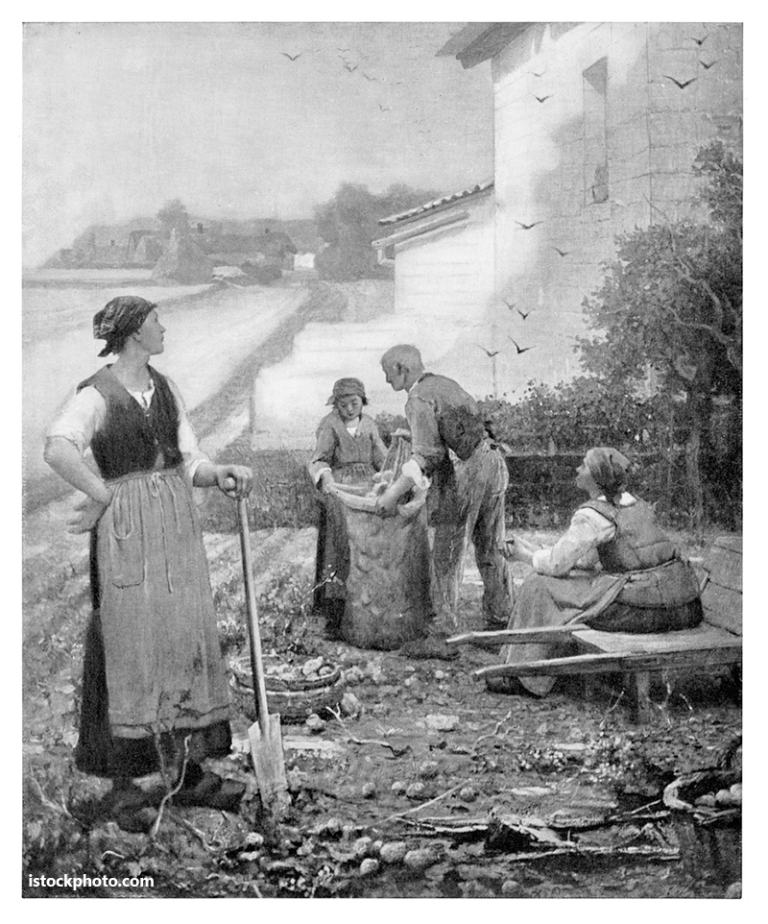
Personal Responsibility in A Free Society
Fifth in a series regarding Panhandle values and quality of life. Freedom and the personal responsibility required for the effective functioning of a republican form of government are powerful one-two punches. Anarchy reigns when feeble leadership encourages freedom to be…



